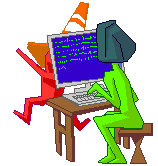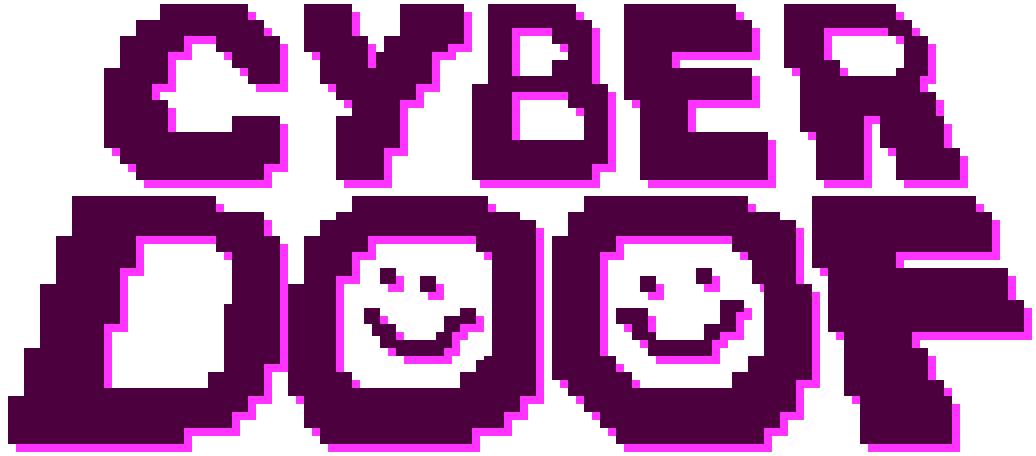Gidget's Power Tools

A command line tool for building your space directly on your computer for quick testing (avoid constant re-uploads while building). Automatically rebuilds whenever you save the .vox file.
Automatic Install
Linux and macOS
- Installs to ~/.local/bin/gidget and adds it to your user PATH (macOS)
Copy and paste this command into terminal:
curl -fsSL https://cdn.cyberdoof.com/gidget/install.sh | sh
Windows
- Installs to %LOCALAPPDATA%\Programs\Gidget\bin and adds it to your user PATH
Copy and paste this command into CMD or PowerShell:
powershell -ExecutionPolicy Bypass -NoProfile -Command "iwr https://cdn.cyberdoof.com/gidget/install.ps1 -UseBasicParsing | iex"
Manual Download
Using gidget to watch and build your .vox files
gidget watch [path]
Run the gidget watch command inside your terminal with the path to your .vox file. This will start the build and once completed, your browser will open with the space preview. Now, whenever you save your .vox file, it will automatically rebuild and reload the latest version in your browser.
gidget browse
Same as gidget watch except shows a browse dialog for you to select your file.
gidget self-update
Triggers an update of gidget command to latest version.
gidget help
Shows help info and list of available commands.
FAQ
How do I show all the UI like Avatar editor, space options, and dance sequencer?
Press TAB! You can hide them again with ESC.
What does the warning Emissive channels over segment limit mean?
You are using more than 16 different light channels in one area. It probably won't matter too much since the build system tries to priortize the brightest lights in an area, but it could mean you end up with weird square edges to the lighting in some areas.
The maximum of 16 different light channels in one area includes the main sun contribution + one channel per emissive color ID per state in that area.
If the square edges are a problem, you can improve this by optimizing the way you add emissive lights. For example, rather than adding a different light inside of each state, you could just have one light in the main area and then use states to change the color of the light using palette: objects (see Build Reference).
